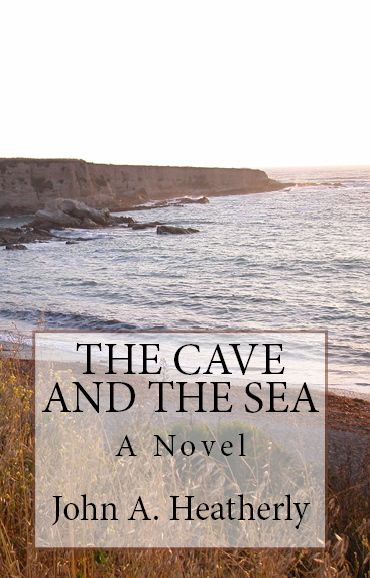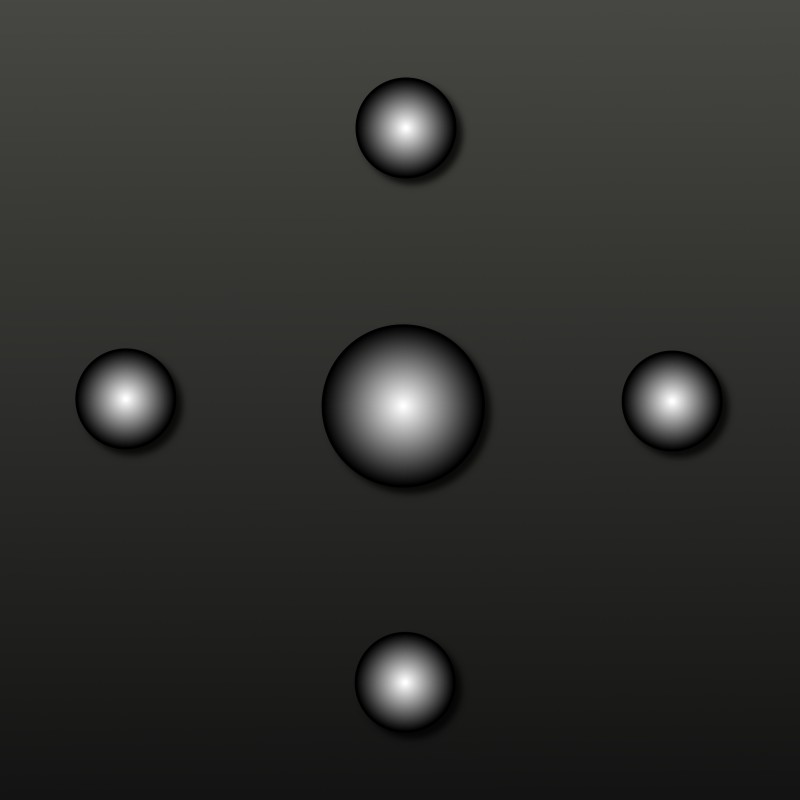If you missed the previous excerpts, please take a look at Chapter 1 THE CISTERN, Chapter 2 THE EASTERN PRAIRIE, Chapter 3 THE CAMP TO THE WEST, Chapter 4 DREAMS OF THE SOUTH, Chapter 5 STARVATION FLAT and Chapter 6 OBSIDIAN AND CEDAR SLASH.
Sometimes the best way to convey a skill or a truth is to make it part of a larger narrative. The Cave and The Sea, a Novel, began as a short story of survival (originally called The Medicine Symbol) and later grew to contain almost 80,000 words and countless survival principles.
This final installment further describes the folklore surrounding The Medicine Symbol and its affect on the story’s main character. This short story, and the Symbol it describes, stresses the value of Balance as an invaluable survival trait.
7 THE CRAWL, THE MOONLIGHT, AND THE NORTH
The cedar slash brought concealment and hope, but it also exhausted him. Coe slid along the floor of the thicket, acquiring scratches and cuts from his face to his feet. At least the riders would be unable to bring their horses into this nightmare, he thought. The moon still hung to his left, although it was becoming increasingly obscure as Coe dug into the slash.
Coe stopped his crawl to rest, and to hopefully relieve his pain, when he thought that he heard branches snapping behind him. He would have to keep moving, albeit slowly and as quietly as possible. His pain was equaled only by his fear. He fought the agony while being gouged and prodded from the debris-covered floor beneath him and the thick branches above and beside him. The feeling of nausea appeared in his gut again, causing him to wonder if he were nearing the end.
Coe’s focus shifted from his nausea to his surroundings when he noticed that the thicket floor was changing as he crawled. The jumble of sticks and dead branches that had tortured him were being replaced by small boulders and rocks. The gentle incline he had traversed since leaving the fire circle had now reversed itself, and Coe noted that he was now slithering downhill on somewhat of a rock bed. The moon had disappeared moments earlier, the thicket surrounding Coe more encompassing than ever. He felt sick and wondered if he were drifting in and out of consciousness again.
An immeasurable length of time had passed when Coe noticed that his midsection and legs no longer felt the grab of branches and rocks as he crawled. The floor had become smooth and sandy and was leveling out, though he still sensed a slight decline. Darkness surrounded him as he considered that it might be best to die here on this relatively comfortable sand floor. The darkness swirled in his eyesight ahead of him, and he knew that he must be hallucinating as darkness, in reality, never swirled.
Delirium and darkness enveloped Coe for hours or days, and he thought that he had felt the respite of sleep. The hallucinations were changing now, as he saw pale moonlight coming down at an angle, creating patches on a vast wall. He ached as he dragged himself toward the patches of light, when the question entered his mind: Was this a cave?
His eyes were closed when the strike stung him on the top of his forehead. Not another blow from an enemy spear! He knew that he could not survive any more abuse. He lifted his right hand and his injured left hand in an attempt to shield his head, and his fingers felt the cold smoothness of the wall. Of course! He had not been struck by an enemy; he had crawled and slithered into the cave wall.
His strength was failing him when he felt the touch. It was subtle but very real. He opened his eyes to see the moonlight shining on his head, shoulders, and arms. He thought it strange as he had felt heat from sunlight and from firelight before, but never “felt” the moonlight.
His attention was drawn to the wall before him. The light was barely bright enough to see the stone, but Coe thought he might see a symbol? He reached up with his hands to feel the wall and perhaps interpret the cave drawing by touch as well as by sight.
Coe’s exhausted fingers touched the circles slowly and with straining effort. His body and mind were depleted from the horrors of the preceding weeks. He had travelled to The East, The West, The South, and now The North and felt that his journey had pushed him to the limits of his frail humanity. He felt the sense of miracle as The Symbol spoke to him, and he learned his Father’s lesson about Balance.
About the author:
“Heatherly makes you feel like you could survive on your own (for at least a little while) after reading this book (The Cave and The Sea)—not that I’m going to give it a try any time soon.” –Forever Young Adult
“The Hunger Games smash hit book and movie got my daughter and one of her friends interested in archery. Maybe John A. Heatherly’s novel The Cave and The Sea will do the same for teenagers regarding learning primitive survival skills…” –SurvivalCommonsense.com
“I don’t throw the term ‘life changing’ around lightly but this book (The Survival Template) has very likely altered the way I think, the way I plan and the way I see my future as I’ve laid it out.” –SurvivalMonkey.com.


